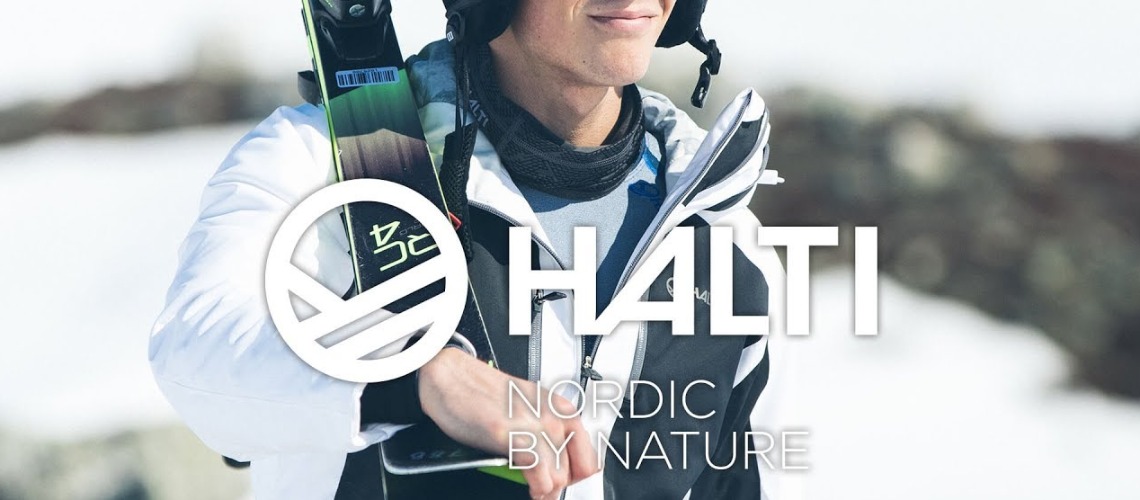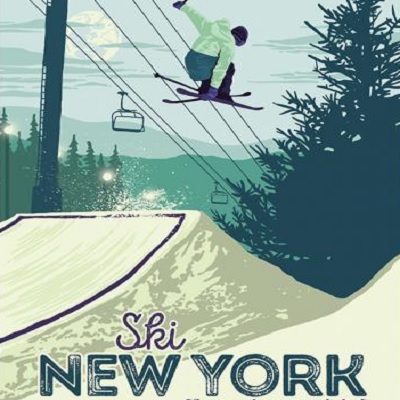Halti To Become Fully PFC Free In 2020

Halti’s mission since its origins in 1976 has been to connect people with nature. All of Halti’s operations are based on respecting the environment and other people. With “Think Ahead”, Halti’s sustainable development programme, Halti takes responsibility for its social, environmental and financial footprints. The selection of safe and long-lasting materials is in focus. There’s a lot of work ahead, but Halti is continuously striving for more in every phase of the product lifecycle.
PFC, PFAS, PFOA, PFOS – what are we talking about?
Per- and poly-fluorinated substances (PFAS) were previously referred to as perfluorochemicals (PFC’s). They are a group of chemicals used to make fluoropolymer coatings and products that resist heat, oil, stains, grease, and water. Fluoropolymer coatings can be used in such varied products as clothing, furniture, adhesives, food packaging, heat-resistant non-stick cooking surfaces and ski waxes. In the outdoor textile industry, they have for long been key ingredients in the production of Durable Water Resistance treatment (DWR) in garments.
In recent years, the adverse impact of PFC’s have been studied more, and without proper protection they have been found to be hazardous for the environment and people.
New restrictions of the European Chemicals Agency will guide the way to sustainability
Many chemicals in this PFC -group, including perfluoro-octane sulfonic acid (PFOS) and perfluoro-octanoic acid (PFOA), have become a great global concern because they don’t break down in the environment, they can move through soils and contaminate drinking water sources, and they build up (bioaccumulate) in fish and wildlife. PFAS have been found in rivers, snow and lakes and in many types of animals on land and in the water
The European Chemicals Agency, based in Helsinki, has set restrictions for the use of PFOA starting from 4th July 2020. This means that PFOA can no longer be used as such, as an ingredient, in mixtures or in products like ski waxes and garments. The use of PFOS in garments have already been restricted since 2008.
In addition to the actions being taken by Halti, the FIS Council decided in November 2019 to ban the use of fluorinated ski waxes for all FIS disciplines from the 2020/2021 season. It appointed a specialist FIS Working Group to establish the regulations and control procedures including scientific specialists, working closely with the ski and wax industry companies.
Halti will be fully PFC free in summer 2020
“We at Halti have put in a lot of work in finding PFC-free solutions for our products and we are proud to say that starting from summer 2020 all our clothing with durable, water-repellent-finishing will be fully PFC-free”, celebrates Laura Roman, Head of Operations at Halti. All our shoes are already now fully PFC-free.
“Becoming totally PFC-free has not been an easy process”, Roman continues. “We need our waterproof clothing to perform as before. We are known for our high-quality outdoor products so we can’t afford to risk it. But in the same time, we have ambitious goals in terms of sustainability; we want the future generations to enjoy a clean environment like we have, and we want to do our part properly and professionally.”
Along with PFC-free treatment, Halti has also put great focus on other sustainability issues in materials and manufacturing. Halti is a bluesign® system partner, which means that bluesign®, a respected independent organisation, in high detail, controls the chemicals which the material suppliers use and helps Halti to increase the use of healthier and safer components in Halti’s products.
“The bluesign® system covers brands, textile manufacturers and chemical suppliers. With that partnership we can guarantee that the factories, production methods, individual materials and components can be trusted and that we have best possible protection for manufacturers, employees and consumers alike”, says Roman.
Read more about Halti’s sustainability: https://halti.com/pages/our-responsibilities














